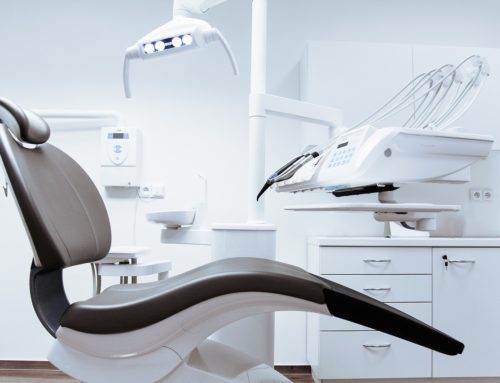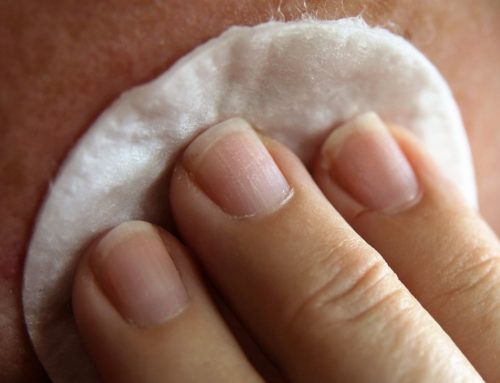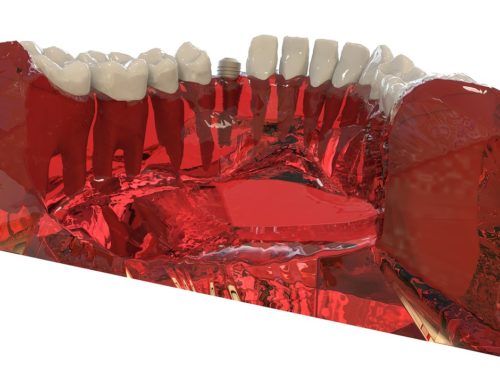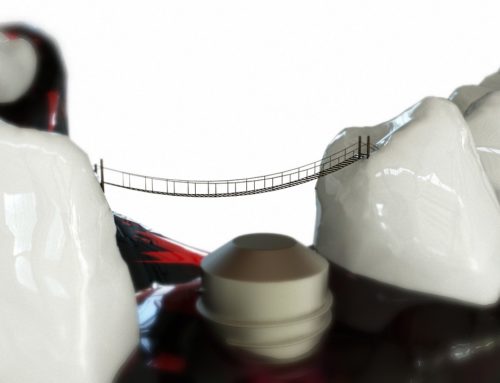Orthognathic surgery is reconstructive jaw surgery that straightens or realigns your jawbones, correcting issues that may have been with you since birth.
This type of surgery, done by an oral and maxillofacial surgeon in a hospital setting, involves straightening and realigning the jaws to improve their functioning.
Why would you be interested in having this done? The main purpose is to correct a severe malocclusion, or improper bite, that may make it difficult for you to speak, chew food or even sleep well at night. Many people with jaw problems also experience headaches, joint pain or periodontal (gum) discomfort.
Rebuilding your jaw to resolve these problems can prevent a lifetime of issues while giving your jaw and face a more balanced, symmetrical appearance.
REASONS YOU MIGHT NEED RECONSTRUCTIVE JAW SURGERY
According to the American Association of Oral and Maxillofacial Surgeons, these are the most common reasons for having reconstructive jaw surgery:
- Chronic jaw pain
- Soreness of the temporomandibular (jaw) joint, also known as TMJ
- Breathing through the mouth only
- Inability to bring lips together without straining
- Trauma or injury to the jaw or face
- Open bite, leaving a space between upper and lower teeth when the mouth is closed
- Protruding jaw
- Receding lower jaw and chin
- A tumor or other medical problem affecting the jaw
CORRECTIVE SURGERY FOR YOUNG PATIENTS
Generally, it’s best for jaw issues to be corrected early in life, since it prevents years of problematic side effects. We also tend to heal best when we’re younger, so it’s easier to recover from surgery. Even so, your oral and maxillofacial surgeon will be able to repair your jaw at any point as long as you are in good overall health.
Younger patients can undergo reconstructive jaw surgery soon after their jaws stop growing. That age is usually around 13 to 15 for girls and 16 to 18 for boys. Since this is also the time when many young people wear braces to correct other dental issues, the oral surgeon will coordinate the planned procedure with orthodontic care.
Usually, young patients wear braces for 9 to 18 months before jaw surgery. After recovering from the procedure they return to the orthodontist, who completes any work to achieve proper alignment. The entire orthodontic process, including surgery, may take 1 to 3 years.
INSURANCE FOR RECONSTRUCTIVE JAW SURGERY
Even though your appearance may be greatly improved when your procedure is done, reconstructive jaw surgery is usually considered a medical procedure rather than a cosmetic one. It is usually done to prevent more expensive medical and dental problems later in life. For this reason, your health insurance policy may cover at least part of your surgery.
It’s wise to explore any necessary pre-approvals for your surgery well before your procedure is set. Working closely with your insurer and your oral surgeon means you know upfront what your policy will and will not pay.
QUESTIONS? ASK DR. FAROLE
Dr. Anthony Farole is a board-certified oral and maxillofacial surgeon serving thousands of patients in Bala Cynwyd and the Greater Philadelphia area. He is happy to meet with you to discuss the details of reconstructive jaw surgery – whether for yourself or the young members of your family.
Dr. Farole will outline the various options with you and answer questions about your unique needs.
Take the Next Step
Want to learn if a reconstructive jaw surgery is right for you? Schedule a consultation at Dr. Farole’s Facial Cosmetic Surgery Center in Bala Cynwyd, PA by giving us a call at (610) 668-3300 today.
Source






